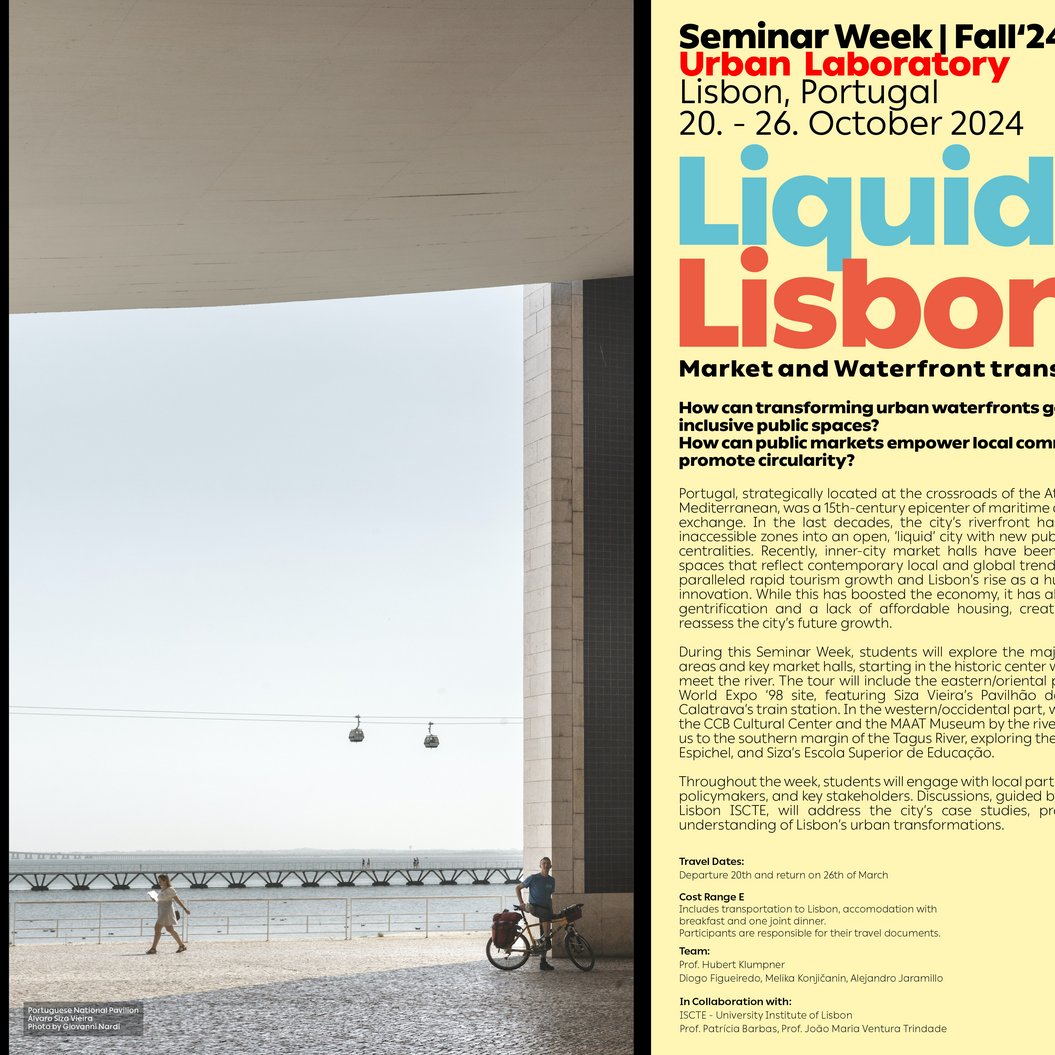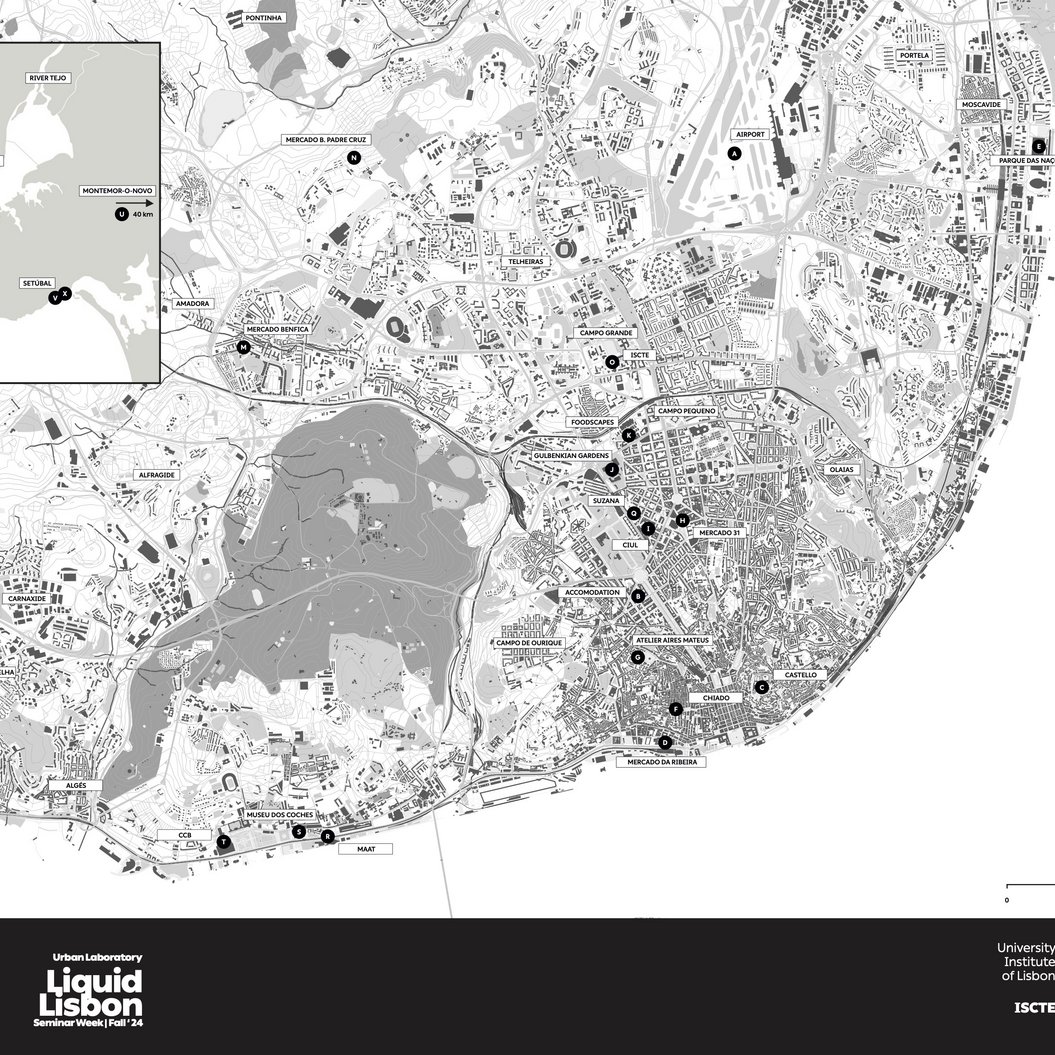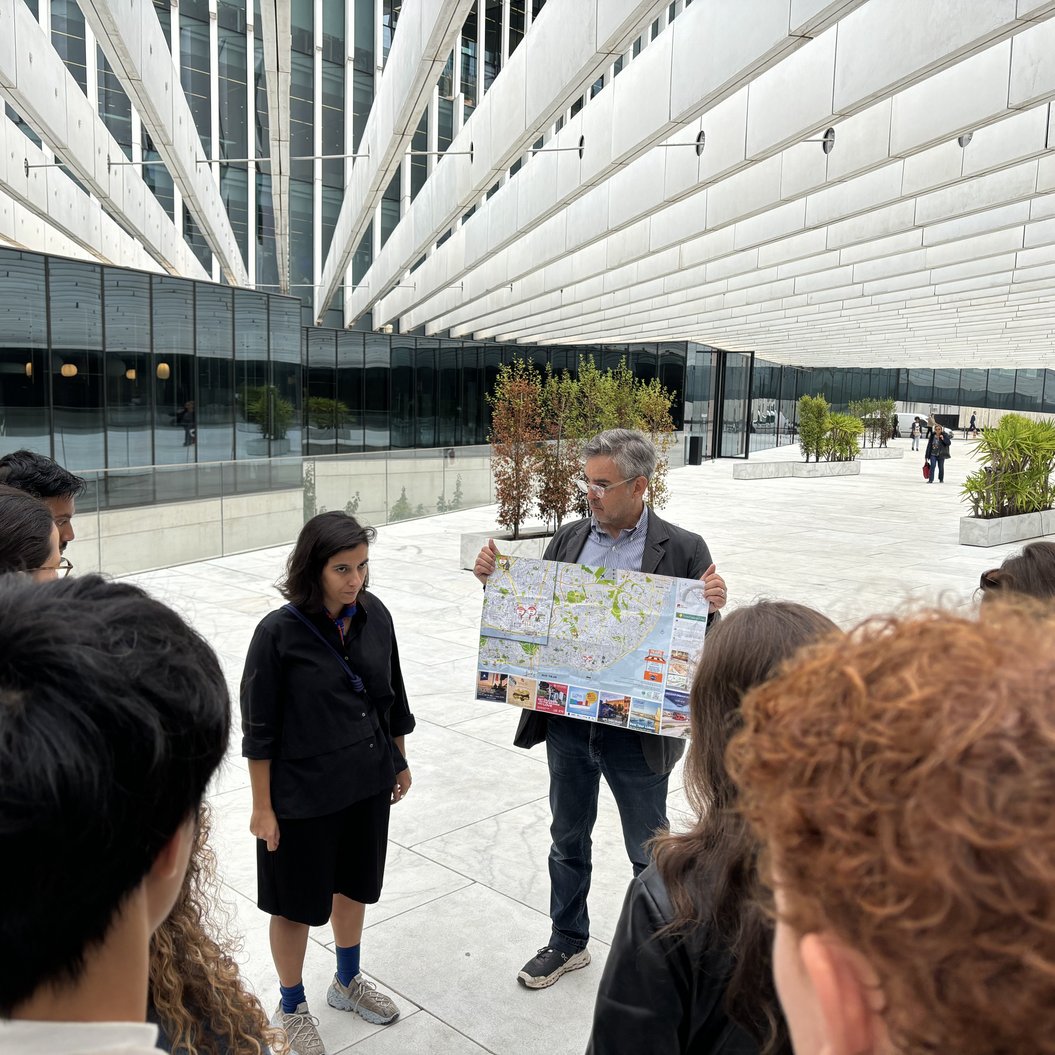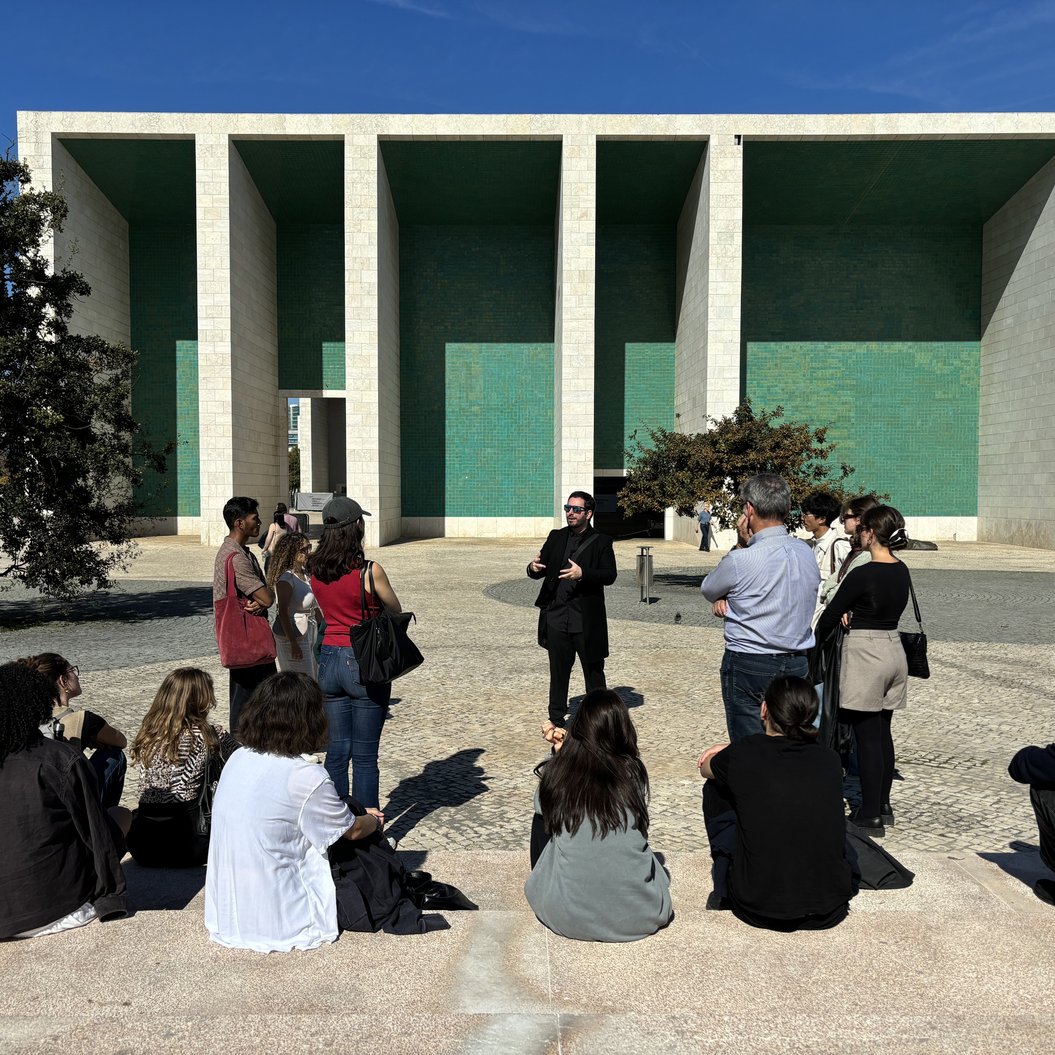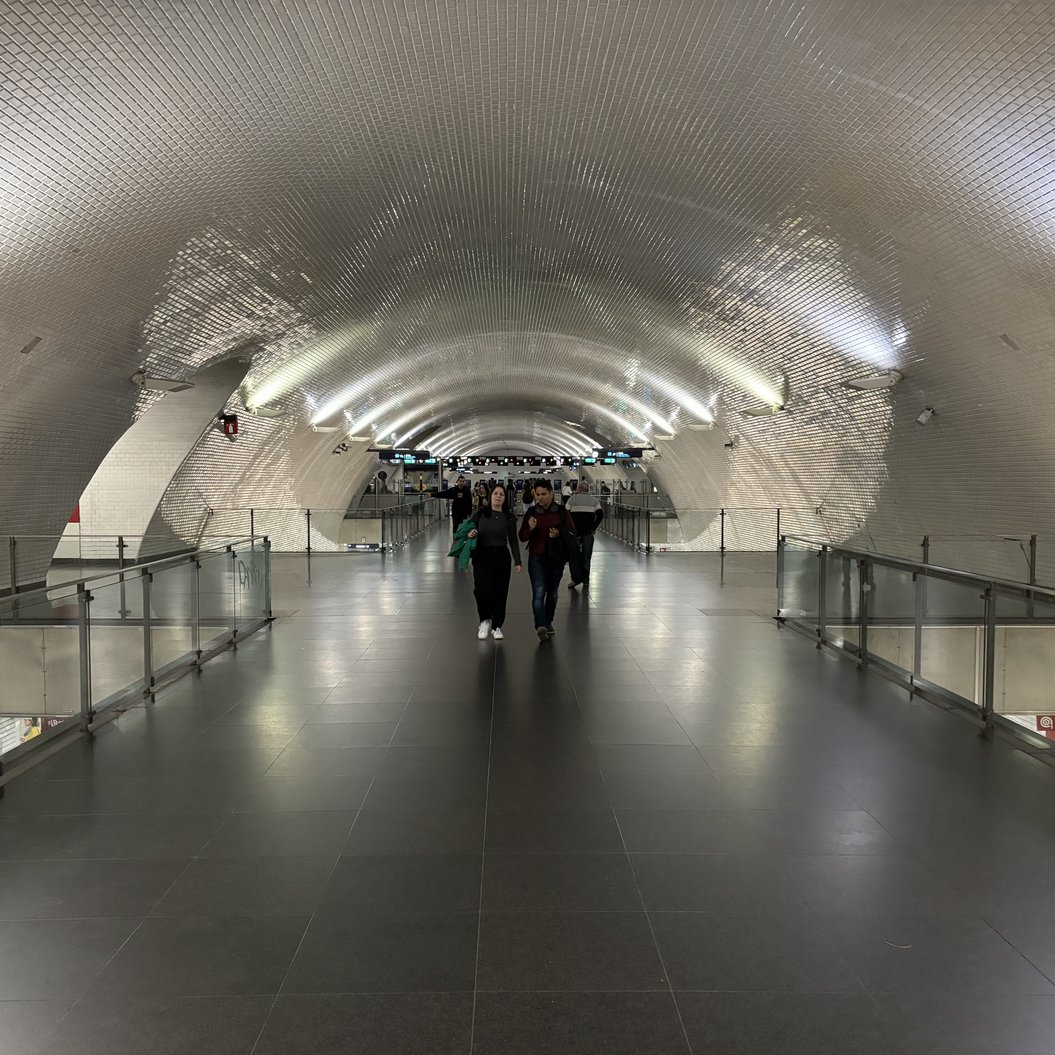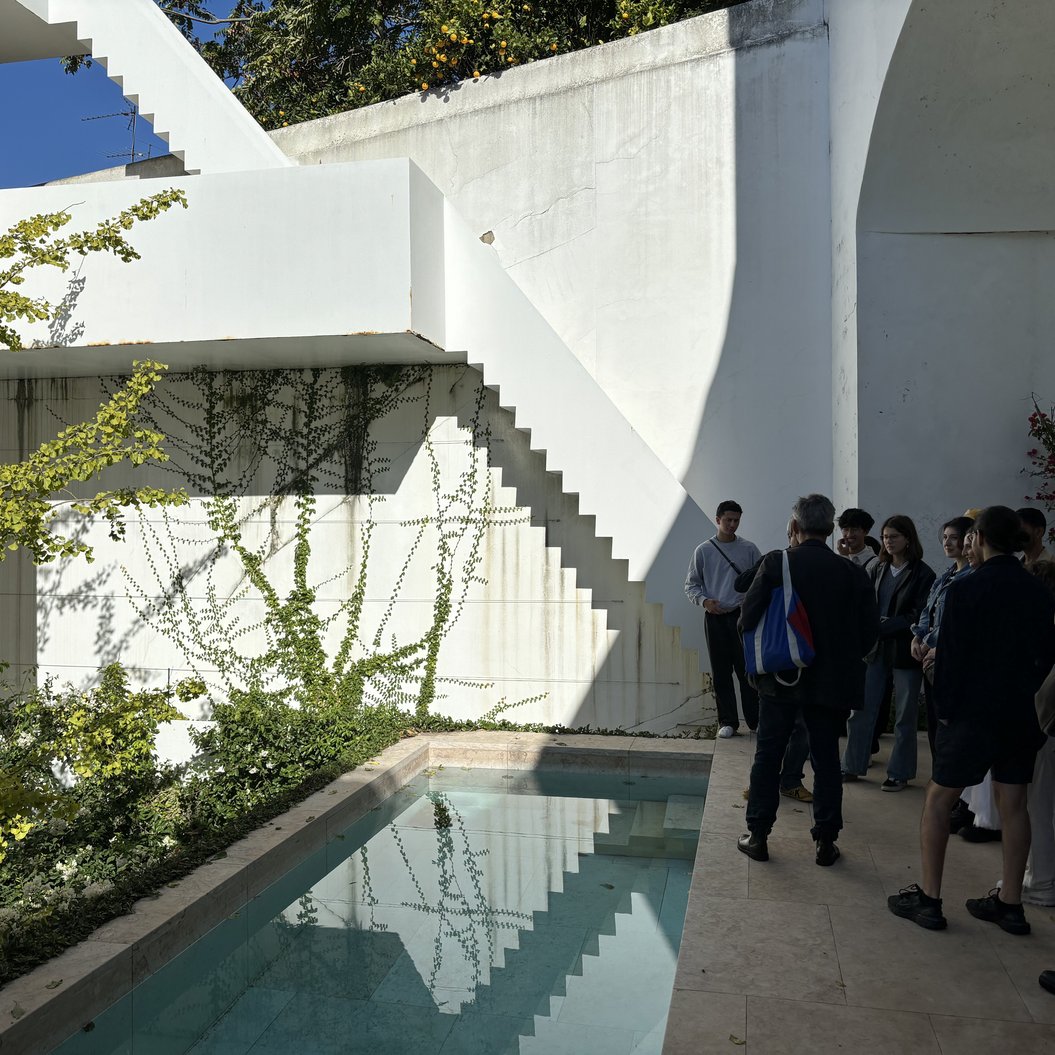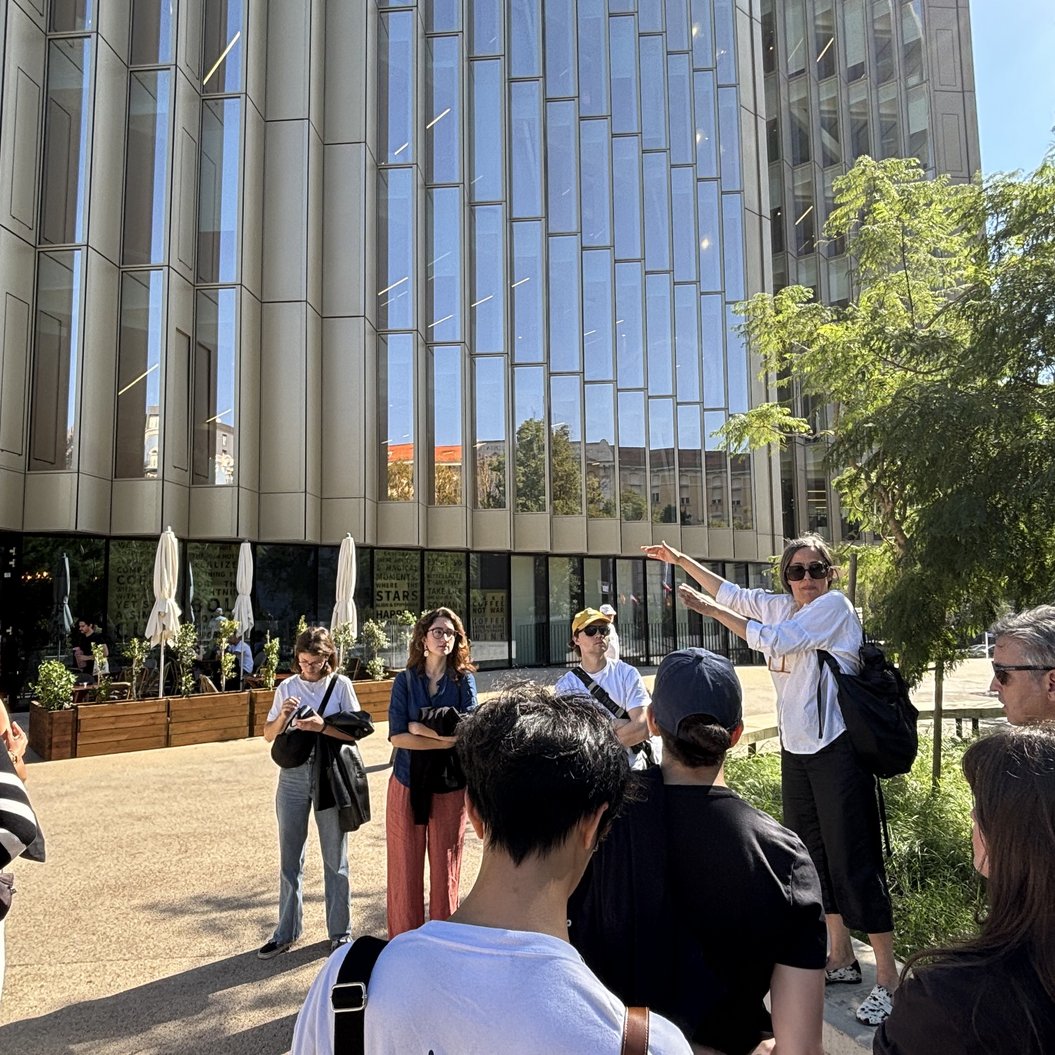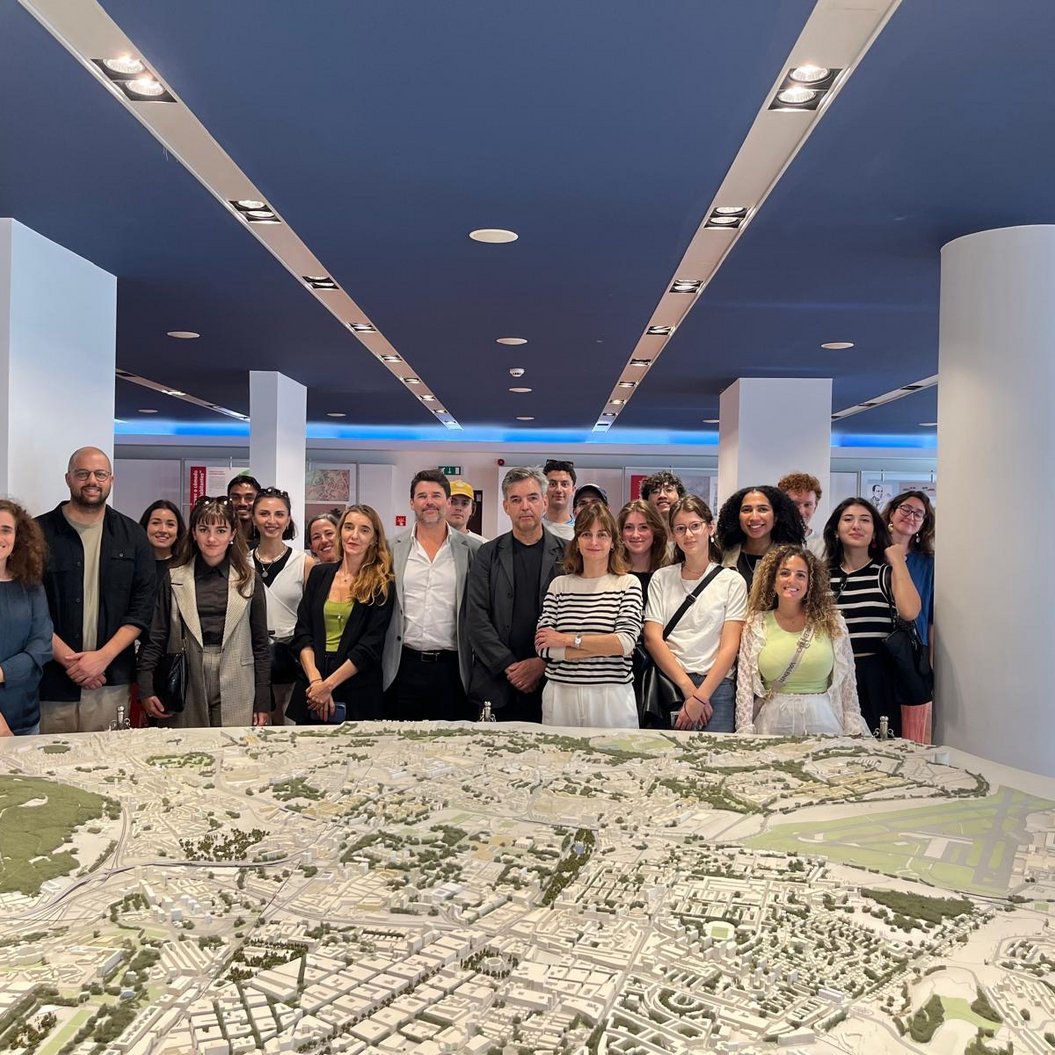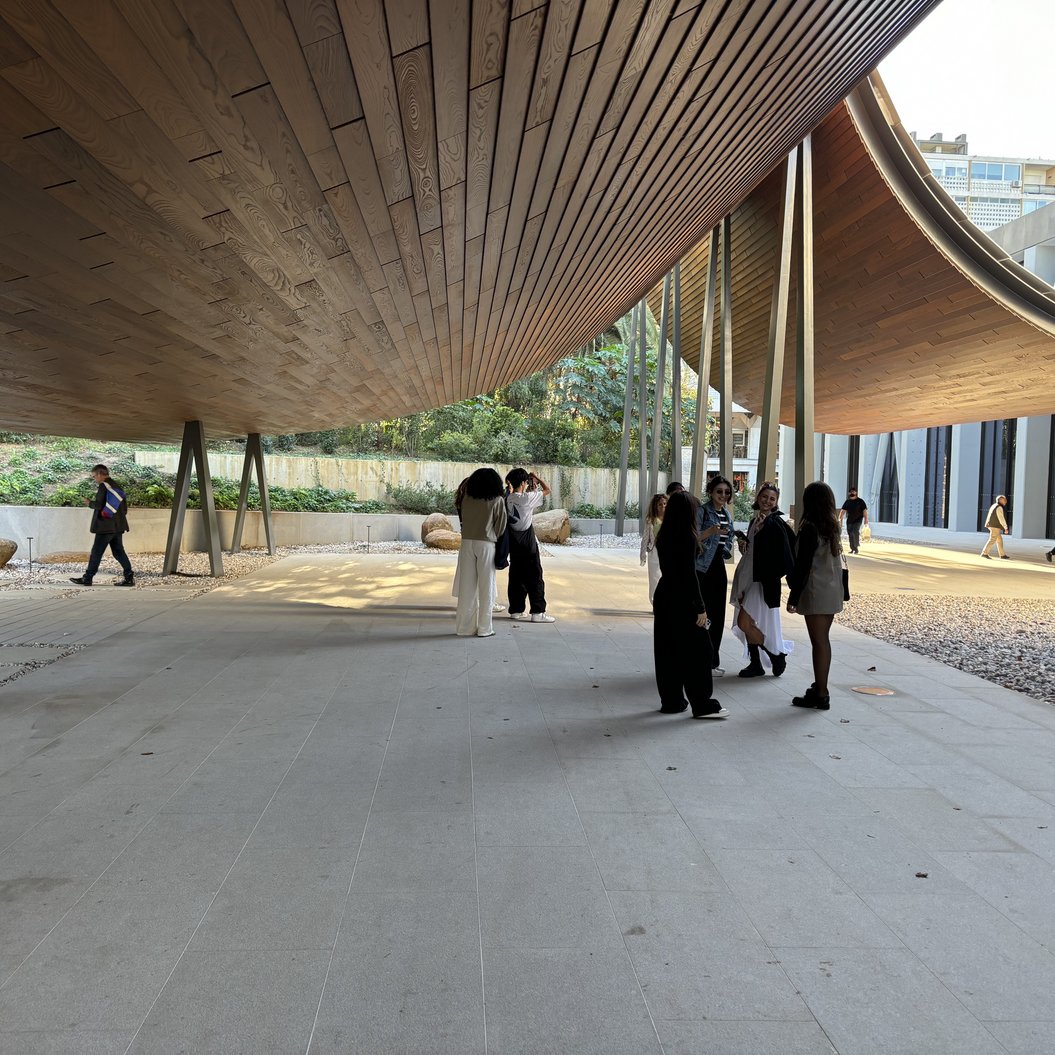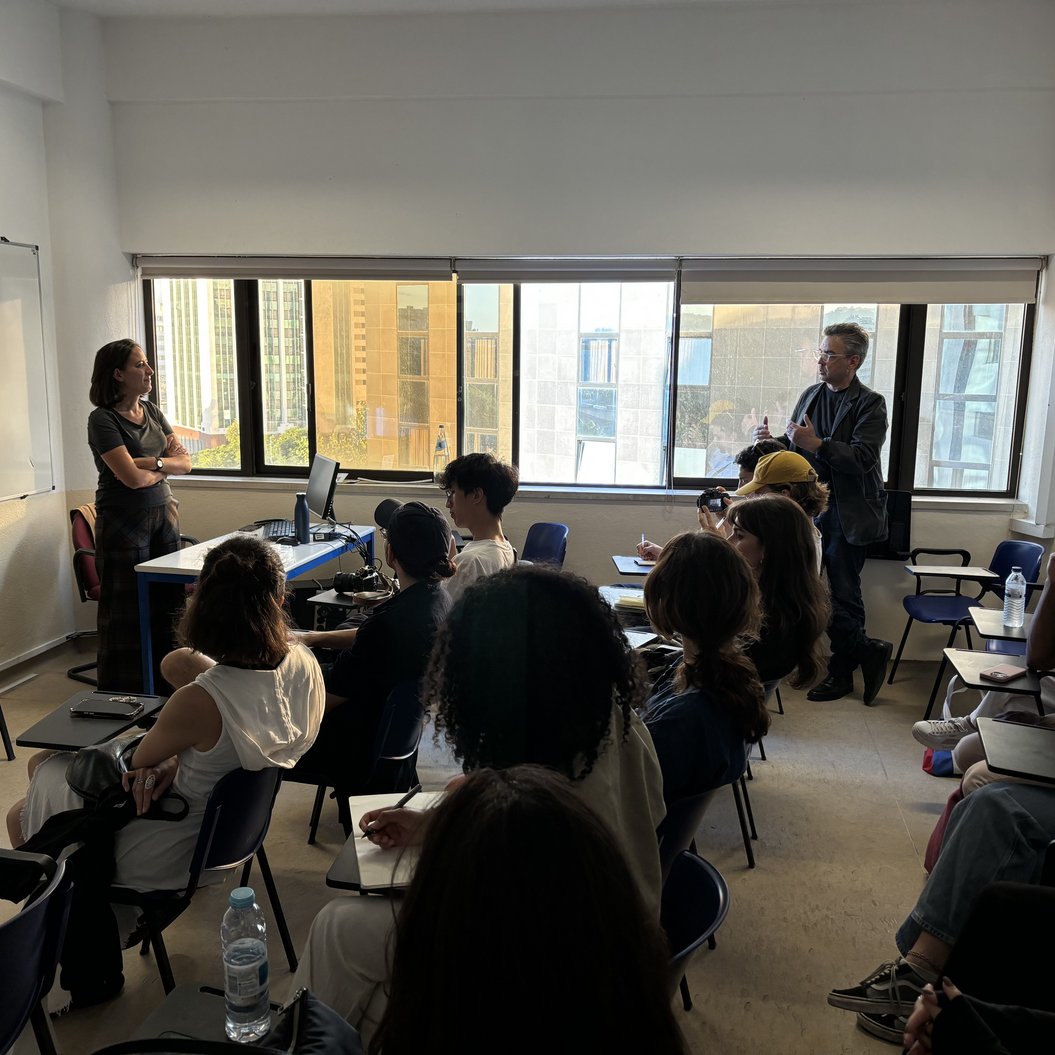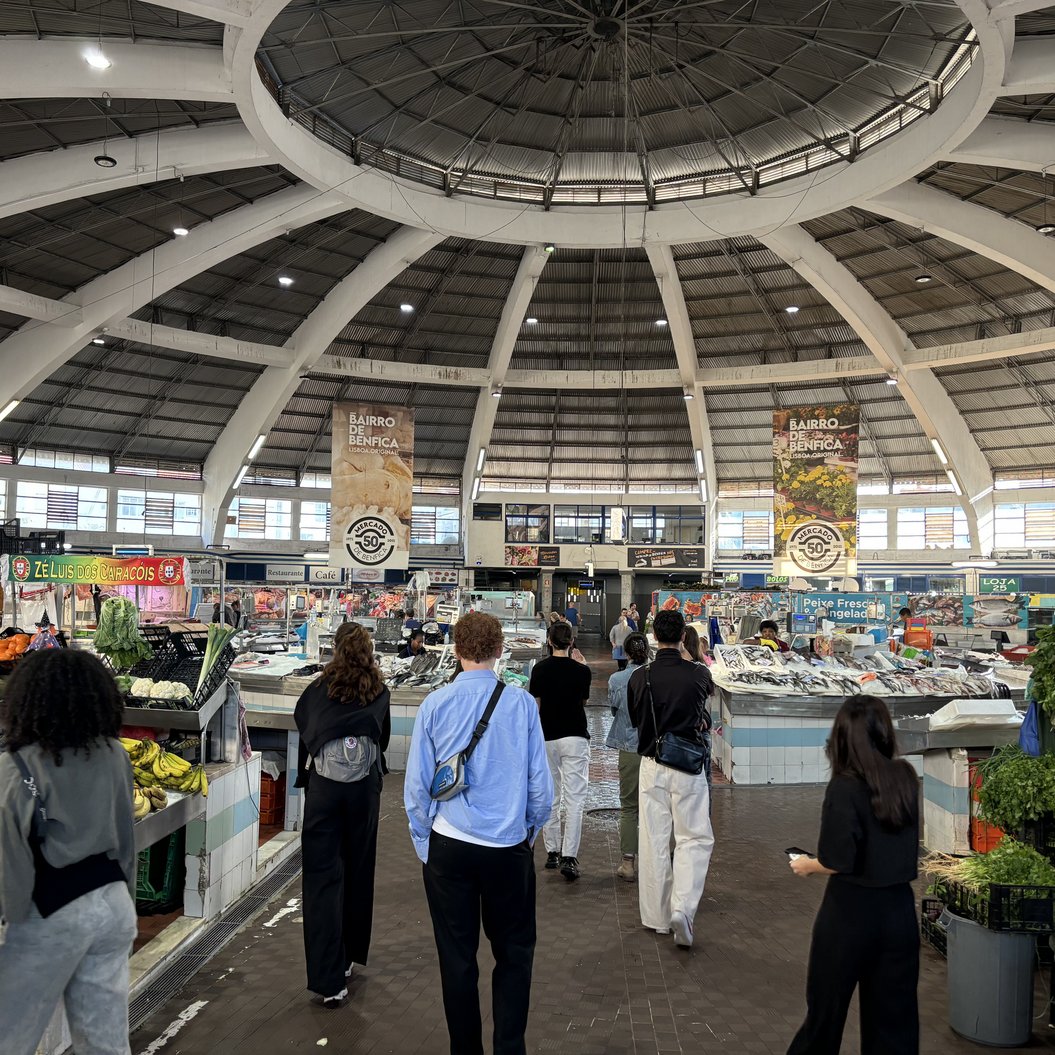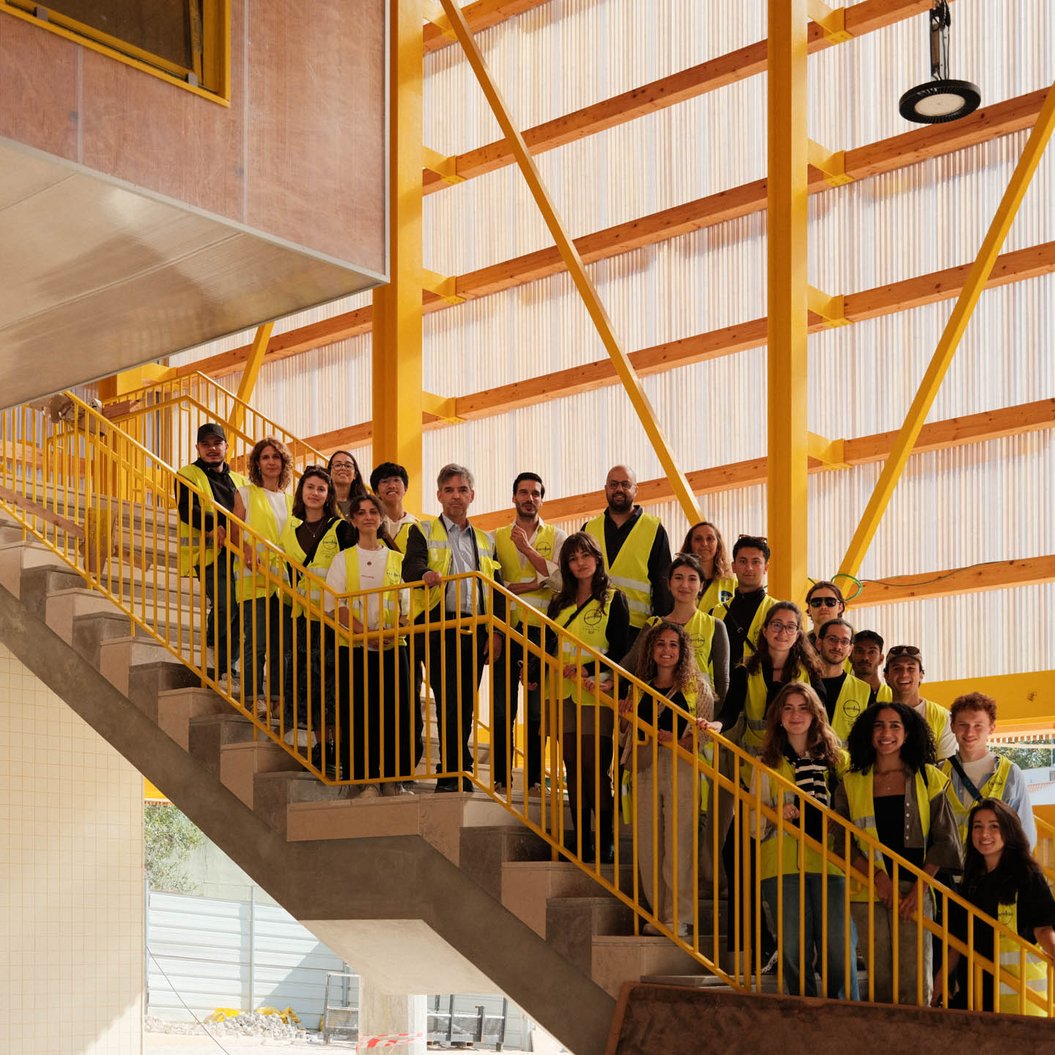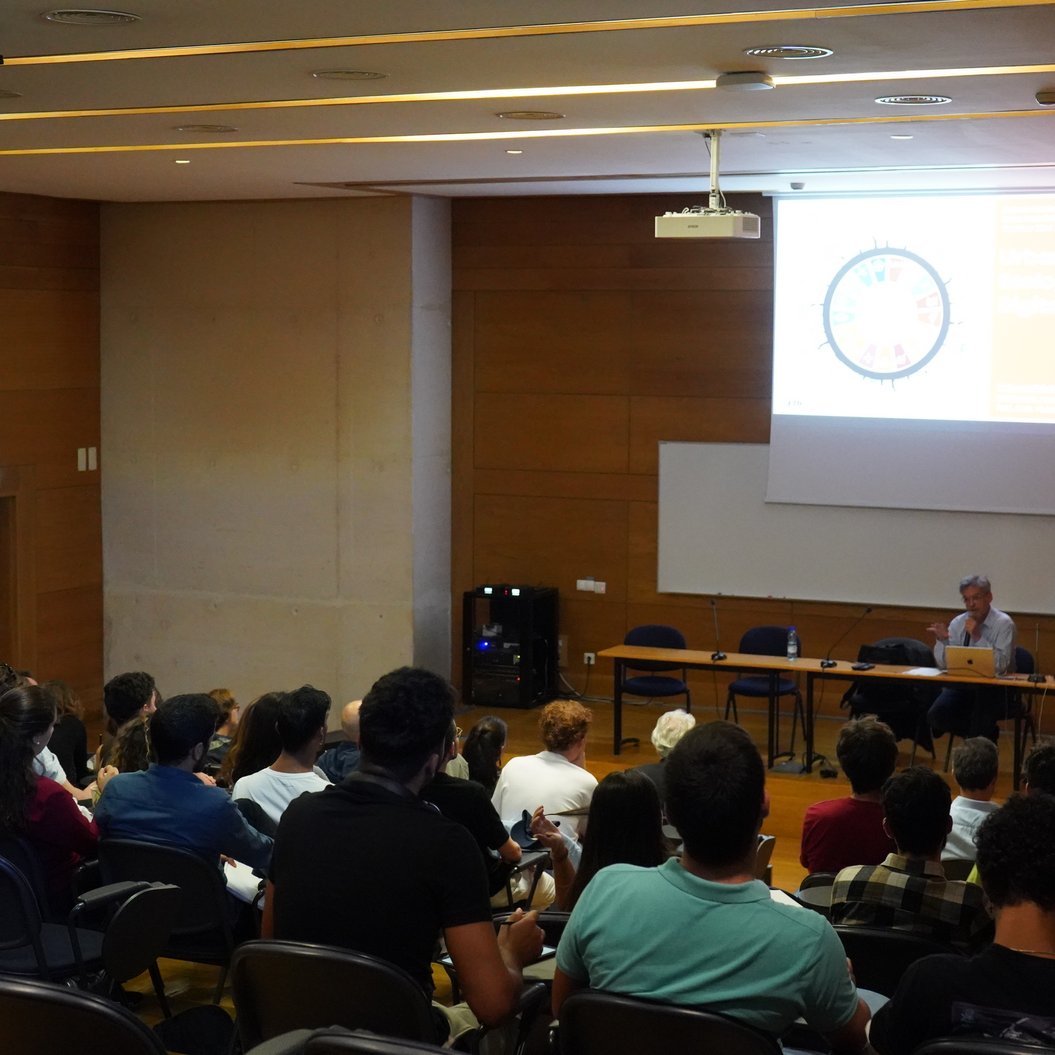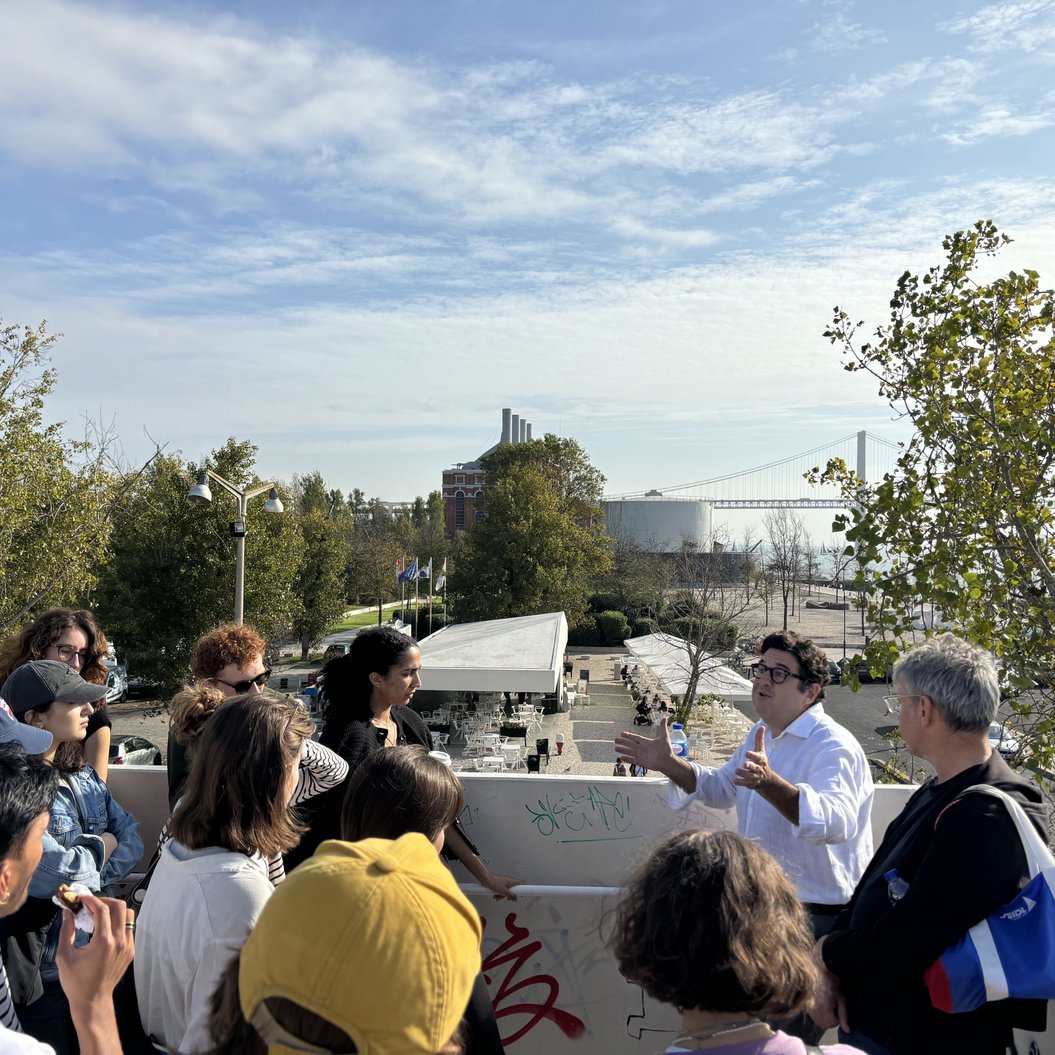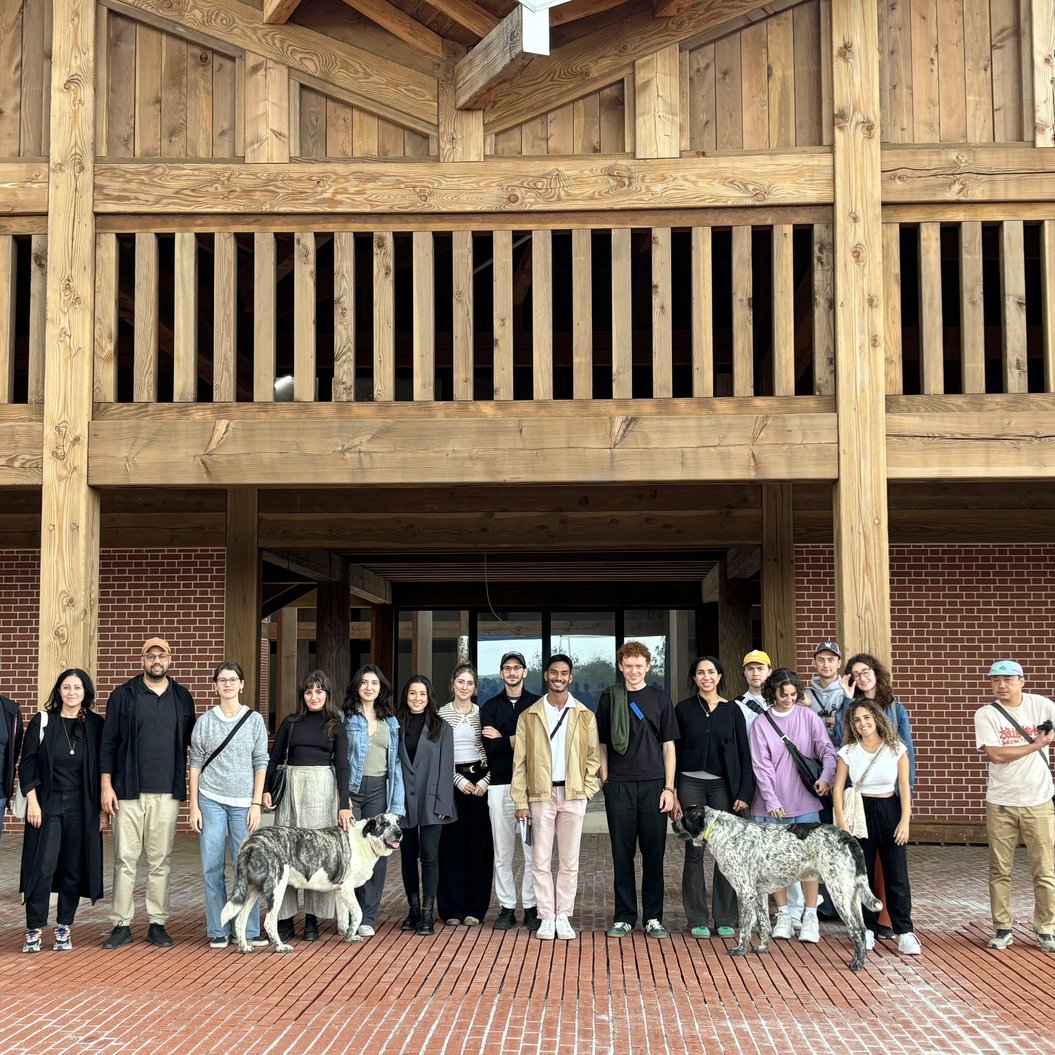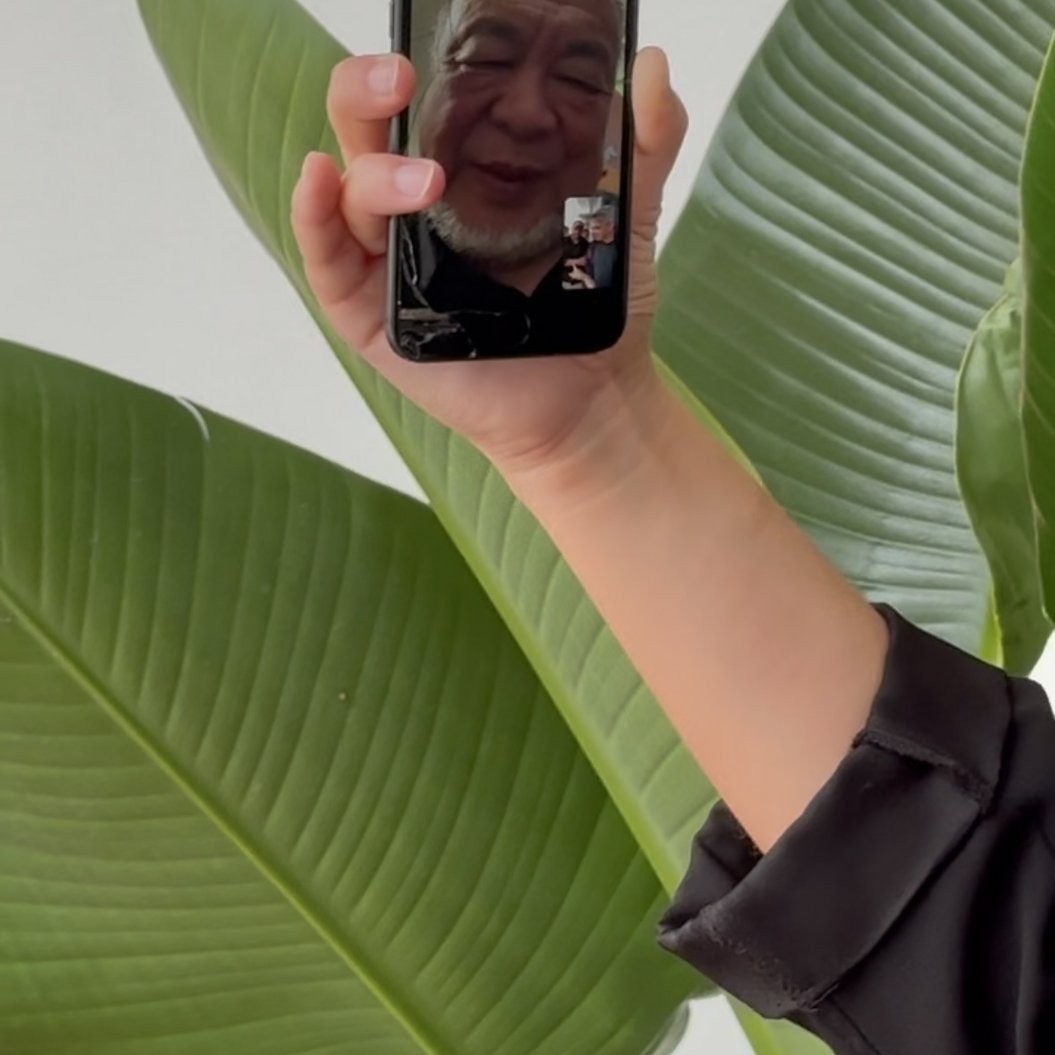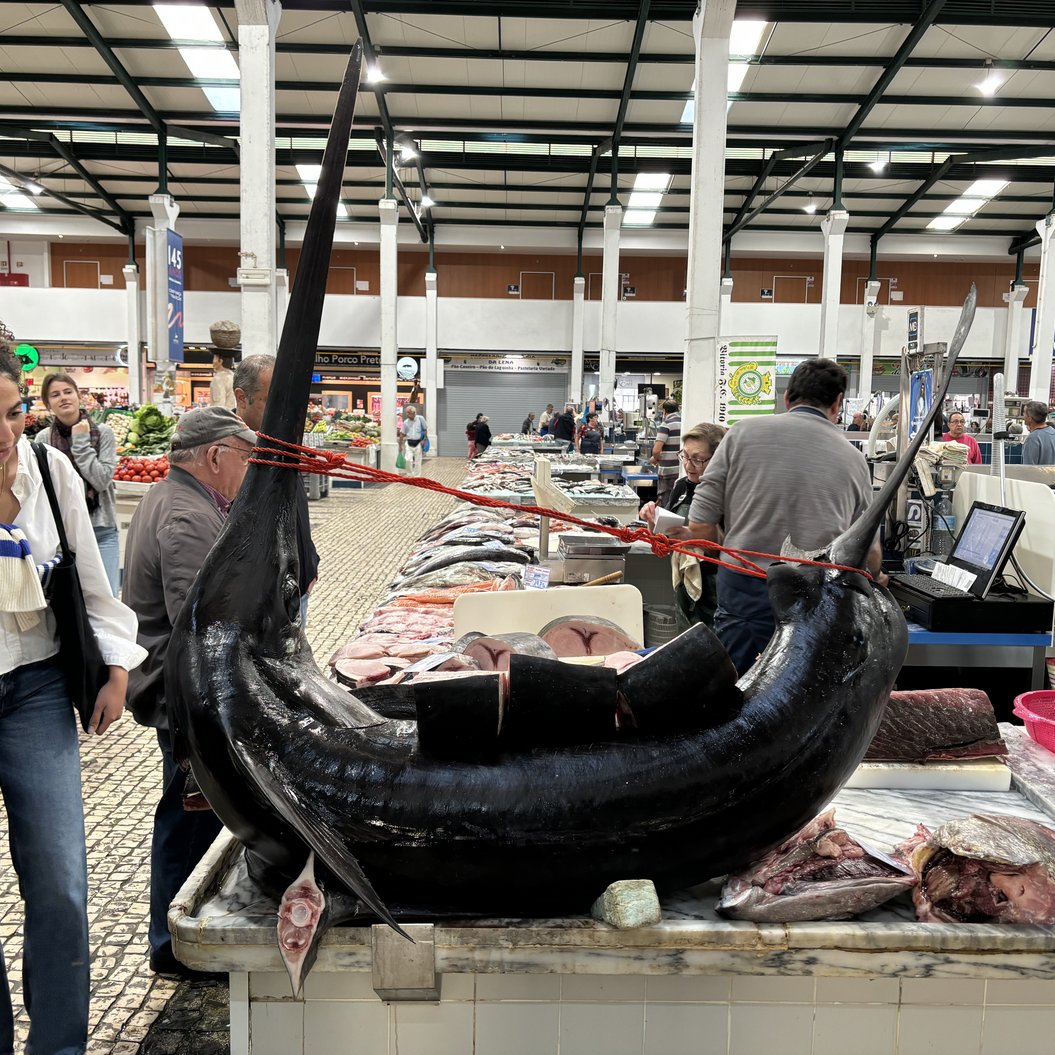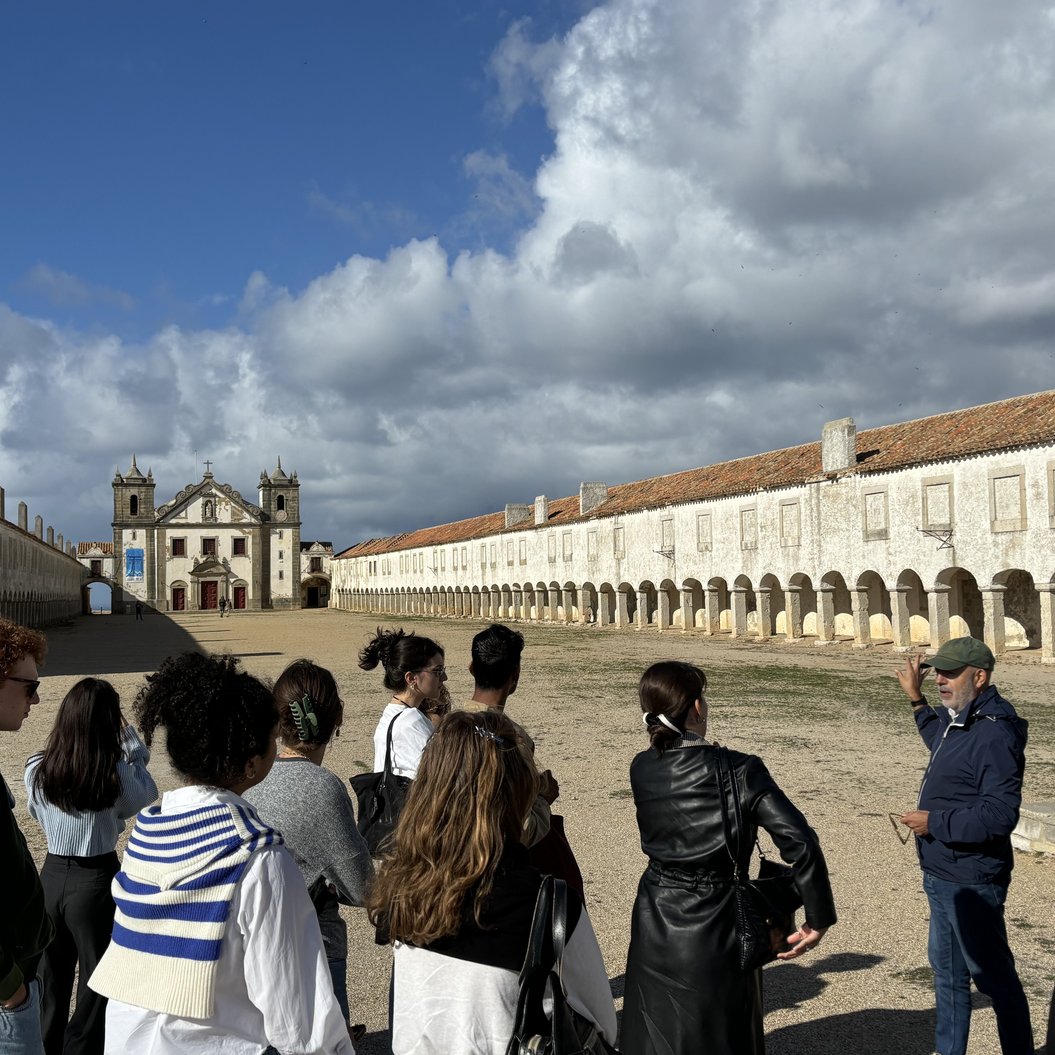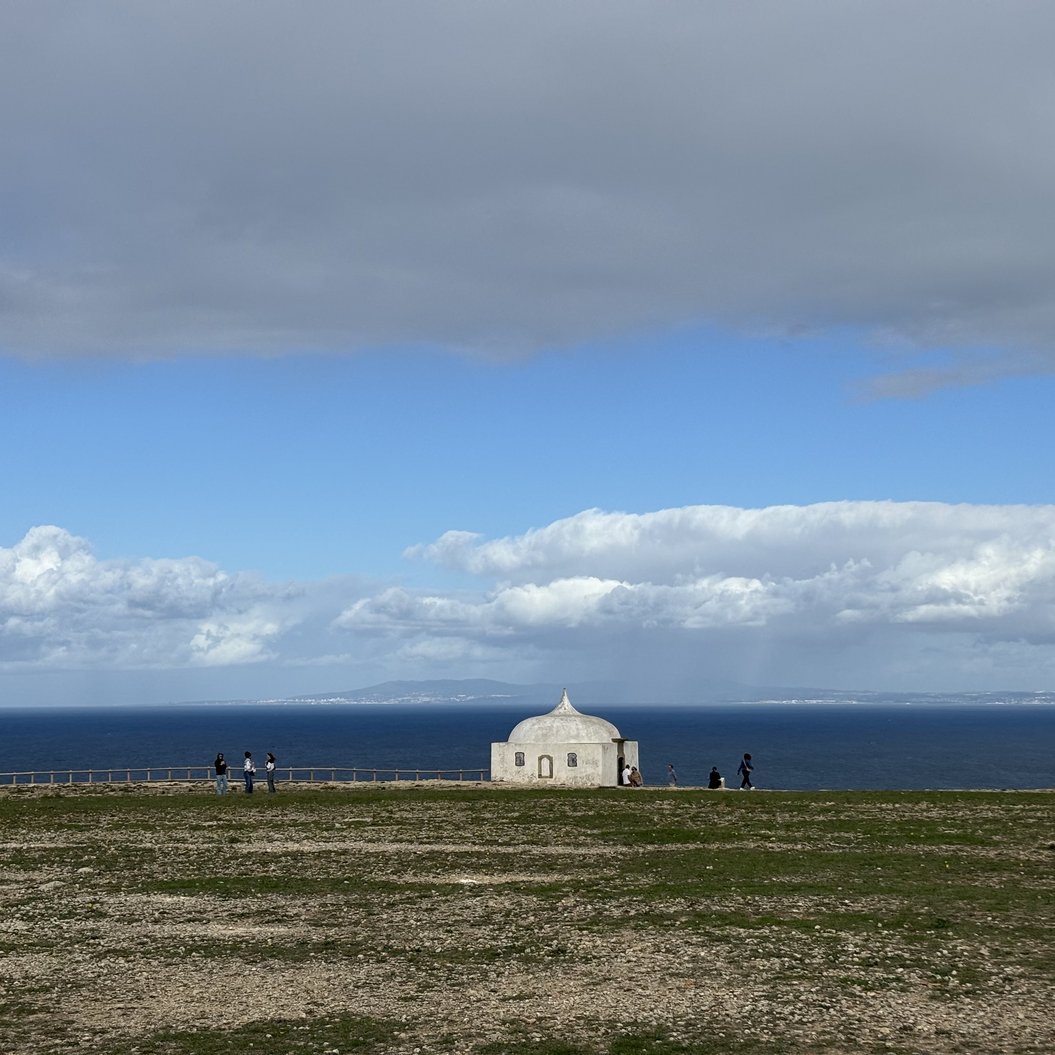Liquid Lisbon - Markets and Waterfront Transformations
How can transforming urban waterfronts generate inclusive public spaces?
How can public markets empower local communities and promote circularity?
Portugal, strategically located at the crossroads of the Atlantic and western end of Mediterranean, was a 15th-century epicenter of maritime activity, trade, and culinary exchange. In the last decades, the city’s riverfront has evolved from industrial, inaccessible zones into an open, ‘liquid’ city with new public, cultural, and economic centralities. Recently, inner-city market halls have been transformed into hybrid spaces that reflect contemporary local and global trends. This transformation has paralleled rapid tourism growth and Lisbon’s rise as a hub for digital nomads and innovation. While this has boosted the economy, it has also brought challenges like gentrification and a lack of affordable housing, creating new opportunities to reassess the city’s future growth.
During this Seminar Week, students will explore the major transforming riverfront areas and key market halls, starting in the historic center where tradition and culture meet the river. The tour will include the eastern/oriental part of the city, visiting the World Expo ‘98 site, featuring Siza Vieira’s Pavilhão de Portugal and Santiago Calatrava’s train station. In the western/occidental part, we will visit Belém, including the CCB Cultural Center and the MAAT Museum by the river. The journey will also take us to the southern margin of the Tagus River, exploring the Setúbal Fish Market, Cabo Espichel, and Siza’s Escola Superior de Educação.
Throughout the week, students will engage with local partners, prominent architects, policymakers, and key stakeholders. Discussions, guided by the University Institute of Lisbon ISCTE, will address the city’s case studies, providing a comprehensive understanding of Lisbon’s urban transformations.
Images
- Liquid Lisbon Seminar Week Poster
- Seminar Week Program
- Riverfront walk with Mariana Santana
- Pavilhão de Portugal with António Choupina
- Baixa-Chiado Metro Station António Choupina
- Atelier Aires Mateus with Manuel Aires Mateus
- Torre FPM 41 with Patrícia Barbas
- Lisbon City Hall with Paulo Pardelha, Paula Rebelo e Ana Marçal
- Gulbenkian Gardens
- Foodscapes with Mariana Sanchez Salvador
- Mercado Benfica with Nuno Rodrigues
- Mercado Carnide with Diogo Figueiredo and Fábio Sousa
- Open Lecture with Hubert Klumpner, Diogo Figueiredo and Deniz Knobel
- Museu dos Coches with Ricardo Bak Gordon
- Homo Urbanus with Mariana Pestana
- Atelier Ai Weiwei with Rute Ventura
- Ai Weiwei phonecall
- Mercado do Livramento
- Cabo Espichel with João Belo Rodeia
- View over the Atlantic
-
Travel Dates
Departure 20th and return on 26th of October
-
Cost Range E
Includes transportation Zurich-Lisbon-Zurich, hotel accommodation (incl. breakfast and city tax), three day trips, museum tickets and one common dinner.
Participants are responsible for their travel documents (valid passport, visa if applicable). -
Team
Prof. Hubert Klumpner
Diogo Figueiredo, Alejandro Jaramillo, Melika Konjicanin -
In Collaboration With
ISCTE - University Institute of Lisbon
Prof. Patricia Barbas, Prof. João Maria Ventura Trindade -
Organization
ECTS Credits - 2
Min. - 10 Students
Max. - 15 Students -
Visits
Mariana Santana, António Choupina, Manuel Aires Mateus, Paulo Pardelha, Paula Rebelo, Ana Marçal, Mariana Sanchez Salvador, Nuno Rodrigues, Deniz Knobel, Fábio Sousa, Franscico Moura Veiga, Ricardo Bak Gordon, Mariana Pestana, Atelier Ai Weiwei, Rute Ventura, João Belo Rodeia
-
Students
Birkena Avdija, Nicolas Burkhalter, Alexandra Crum, Narah Deeb, Manuela Foscaldi, Sergio Giubbini, Ronja Hummel, Hung Chi Hang, Elif Isikli, Anja Keller, Alessio Liambo, Gokulan Manoharan, Ipek Mertan, Sheyla Skrijelj, Janis Weis.
